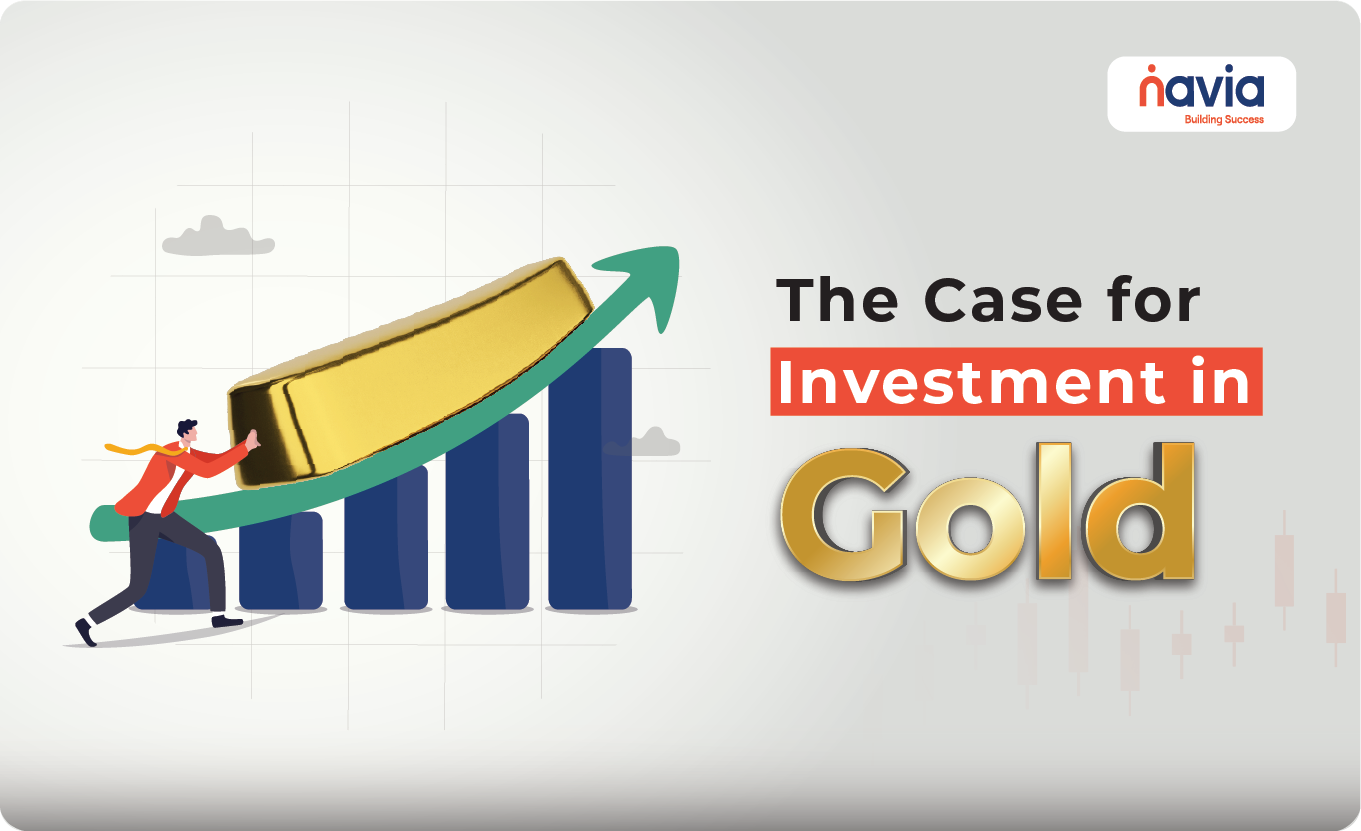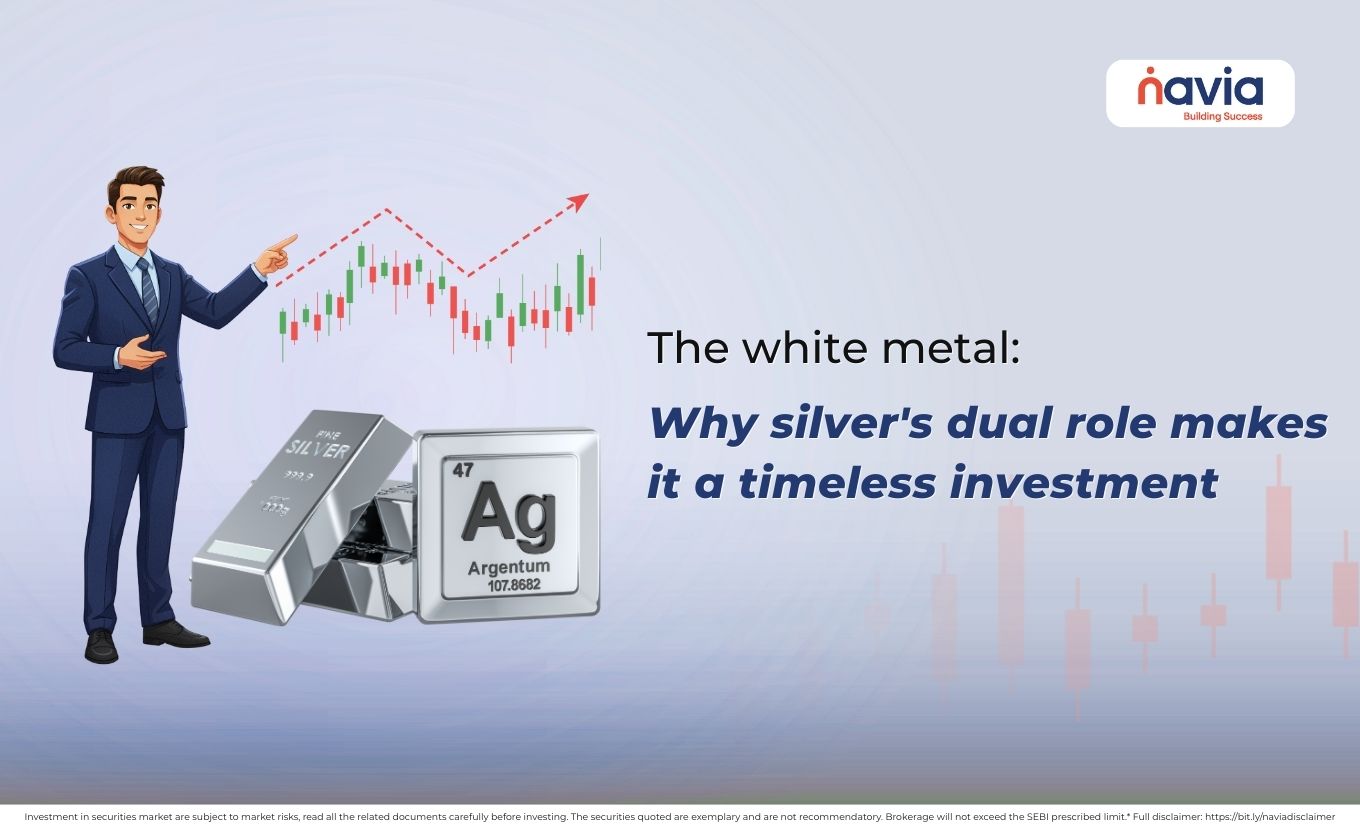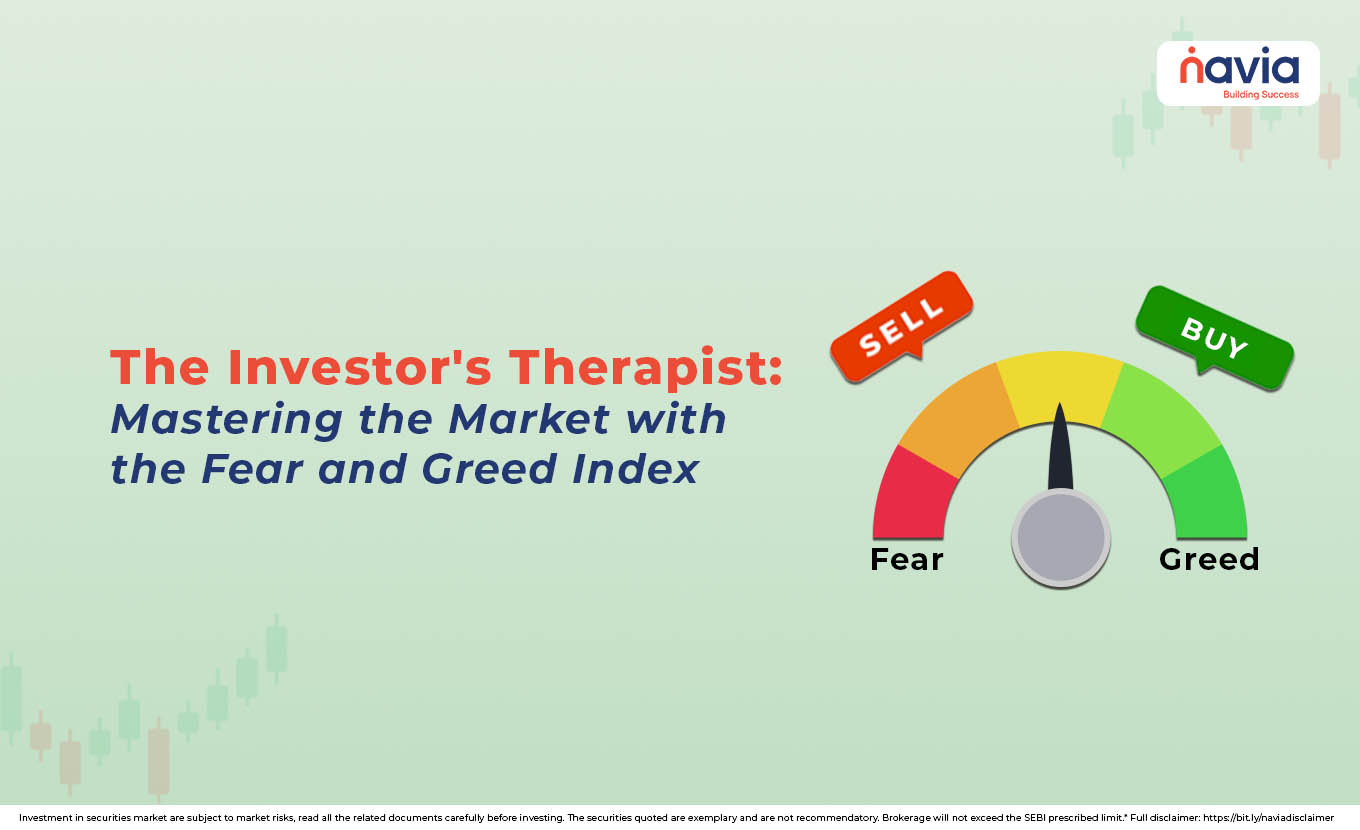The Case for Investment in Gold

Introduction: Why Gold is a Timeless Investment?
Gold has been valued for centuries, and it continues to hold a special place in the portfolios of investors around the world. Its status as a safe-haven asset—an investment that holds its value during periods of economic turmoil—has made it a go-to choice during uncertain times. But gold is not just for periods of crisis; it has also consistently outpaced inflation and, in some instances, beaten the stock market over the long run.
In this article, we will explore the performance of gold during various historical events, its ability to keep pace with inflation, and how it compares to stocks over certain periods. The goal is to present a compelling case for why gold should be part of your investment strategy.
Gold’s Performance During Uncertain Times
Historically, gold has been viewed as a store of value, especially during times of economic instability. Whether it’s inflation, geopolitical tensions, or financial crises, gold has demonstrated resilience and the ability to maintain its value.
Gold During Financial Crises
One of the most significant events that tested the resilience of gold was the 2008 Global Financial Crisis (GFC). During this period, stock markets around the world plunged, while gold prices soared, showcasing its role as a safe-haven asset. Let’s take a look at how gold performed during these key events:
| Year | Event | Gold Price (₹/10 gm) | Nifty 50 Return (%) | Gold Return (%) |
| 2005-2007 | Pre-Global Financial Crisis | ₹7638 – ₹10598 | +116% | +39% |
| 2008-2011 | Global Financial Crisis, Eurozone debt crisis and series of Quantitative easing. | ₹13,630 – ₹27329 | +60% | +100% |
| 2020 – 2022 | COVID-19 Pandemic and series of Quantitative easing’s again | ₹50151-₹55017 | +28% | +10% |
| 2023-2025* | De-Dollarization | ₹63203-₹93387* | +4% | +48% |
| 2005-2025* | 20 Year Period | ₹7638-₹93387* | +814% | +1127% |
*Until April 11,2025
As seen in the table, gold consistently outperformed the stock market during periods of crisis. The Global Financial Crisis (2008-2011) and De-Dollarization period (2023-2025*) were two major events where gold demonstrated its value as a safe-haven asset.
Gold in Times of Inflation
Gold has traditionally been seen as a hedge against inflation. As inflation rises, the purchasing power of money decreases, but gold’s value typically rises with it. This characteristic of gold has been especially valuable in periods of high inflation.
Let’s compare the performance of gold with inflation over the past few decades:
| Year | Event | Inflation rates | Gold Return (%) |
| 2005-2007 | Pre-Global Financial Crisis | 4.5% – 6.5% | +39% |
| 2008-2011 | Global Financial Crisis, Eurozone debt crisis and series of Quantitative easing. | 8.35% -12% | +100% |
| 2020 – 2022 | COVID-19 Pandemic and series of Quantitative easing’s again | 6.62%-6.7% | +10% |
| 2023-2025* | De-Dollarization | ₹5.2% -5.65% | +48% |
During times of inflation, especially in the 2008 to 2011, gold has outperformed inflation, protecting its investors’ purchasing power. In contrast, traditional investments such as fixed deposits or savings accounts tend to offer returns lower than inflation, causing real wealth to erode over time.
Gold vs. Stock Market: A Long-Term Comparison
One of the most common arguments against investing in gold is that it doesn’t provide dividends or income like stocks. However, when looking at long-term capital appreciation, gold has proven to be an excellent investment, sometimes outperforming the stock market over periods of time
Performance Over the Long Run
Let’s compare the performance of gold vs the Nifty 50 index (a proxy for the Indian stock market) over long periods:
| Year | Event | Gold Price (₹/10 gm) | Nifty 50 Return (%) | Gold Return (%) |
| 2005-2025* | 20 Year Period | ₹7638-₹93387* | +814% | +1127% |
As we can see from the table, Gold has outperformed the stock market with an impressive 1127% gains in 20 year period from 2005–2025* period, especially when we consider its ability to protect wealth during times of crisis and inflation. During periods of extreme volatility (like the 2008 Global Financial Crisis), gold tends to shine as a safer investment.
Gold’s Role in Portfolio Diversification
Another key reason why investors should consider adding gold to their portfolios is its ability to diversify risk. Gold tends to have a low correlation with stocks, meaning when stocks go down, gold often goes up. This negative correlation makes it an ideal asset to reduce overall portfolio risk.

The Long-Term Case for Gold
While gold may not always outperform stocks in terms of short-term capital gains, its long-term benefits are undeniable. It has the unique ability to:
🔸 Protect purchasing power during inflationary periods
🔸 Serve as a safe-haven asset during times of economic turmoil
🔸 Diversify portfolios, reducing risk by offering low correlation with traditional assets like stocks and bonds.
Gold Price Future Outlook
As we look ahead, the outlook for gold remains positive, particularly in the context of rising inflation, geopolitical uncertainties, and continued central bank buying. Experts predict that gold will continue to be a vital component of an investor’s diversified portfolio, especially in a world of low-interest rates and high market volatility.
| Factor | Impact on Gold Prices |
| Inflation | Positive: Gold acts as a hedge against inflation |
| Geopolitical Tensions | Positive: In uncertain times, investors flock to gold |
| Interest Rates | Negative (in the short term): Gold struggles when rates rise, but long-term demand remains strong |
| Central Bank Policies | Positive: Central banks remain major buyers of gold to diversify reserves |
Conclusion: Why You Should Consider Gold for Your Investment Portfolio?
Gold has proven itself as a resilient asset over the years, providing investors with a hedge against inflation, a safe-haven during crises, and long-term capital appreciation. While it may not always outperform the stock market in the short term, its ability to preserve wealth and reduce risk during volatile times makes it an essential component of a diversified investment portfolio.
By adding gold to your portfolio, you can:
🠖 Protect yourself from inflation and economic instability.
🠖 Diversify your investments to reduce overall portfolio risk.
🠖 Potentially earn positive returns in times of market volatility.
As we move into an increasingly uncertain global economic environment, the case for gold as an investment remains stronger than ever.
Do You Find This Interesting?
DISCLAIMER: Investments in the securities market are subject to market risks, read all the related documents carefully before investing. The securities quoted are exemplary and are not recommendatory. Brokerage will not exceed the SEBI prescribed limit.






